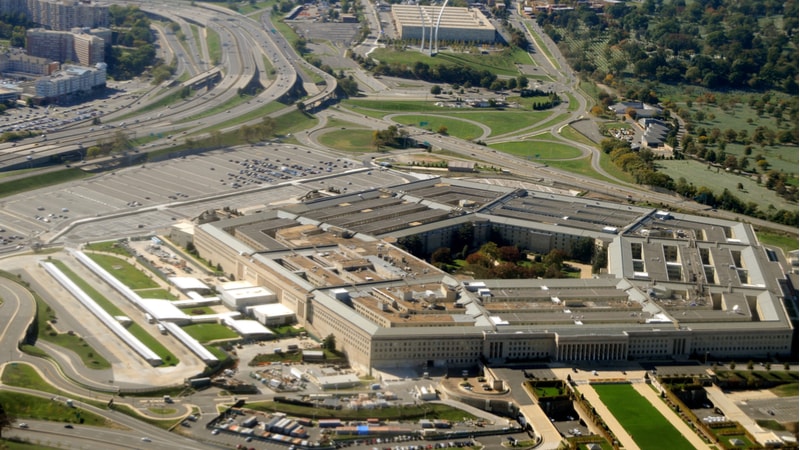
A Government Accountability Office (GAO) report reveals that while the Department of Defense’s (DoD) “plug-and-play” weapons management strategy cuts time and costs for sustaining and upgrading weapons, better planning is essential to fully realize the potential benefits of this approach.
The Modular Open Systems Approach (MOSA) is a strategy that enables DoD to easily add or replace weapon parts over time.
According to the report, “MOSA allows weapon programs to adapt more effectively to evolving threats by simplifying component replacements … [as well as] mitigate issues like high sustainment costs.”
However, while a MOSA offers potential benefits, it also requires additional planning to ensure the DoD fully capitalizes on these advantages, including addressing crucial aspects like cybersecurity within the system.
Part of the reason DoD programs implementing a MOSA did not produce a formal plan of costs and benefits for a MOSA is because DoD’s policy does not explicitly require one, according to the report. Furthermore, most programs did not address all key MOSA planning elements in acquisition documents.
“As a result, programs may not be well-positioned to integrate a MOSA into key investment decisions early in the life of the program,” the report reads. “Also, DoD’s process for coordinating MOSAs across portfolios does not ensure the level of collaboration needed to achieve potential benefits such as lower costs from using common components across programs.”
The Federal watchdog does acknowledge that the DoD has updated some acquisition and engineering policies and is drafting regulations and guidance to address MOSAs. Yet, “gaps remain that could hinder MOSA implementation,” the report reads.
For example, DoD policy does not address how MOSA requirements apply to programs using the middle tier of acquisition pathway – those intending to complete rapid prototyping or fielding in five years or less.
GAO made 14 recommendations to DoD, including that it develop a process to analyze MOSA costs and benefits; improve military department processes for ensuring quality MOSA planning documents and for coordinating MOSA implementation across programs; and address gaps in MOSA policy and guidance.
DoD concurred with these recommendations.
